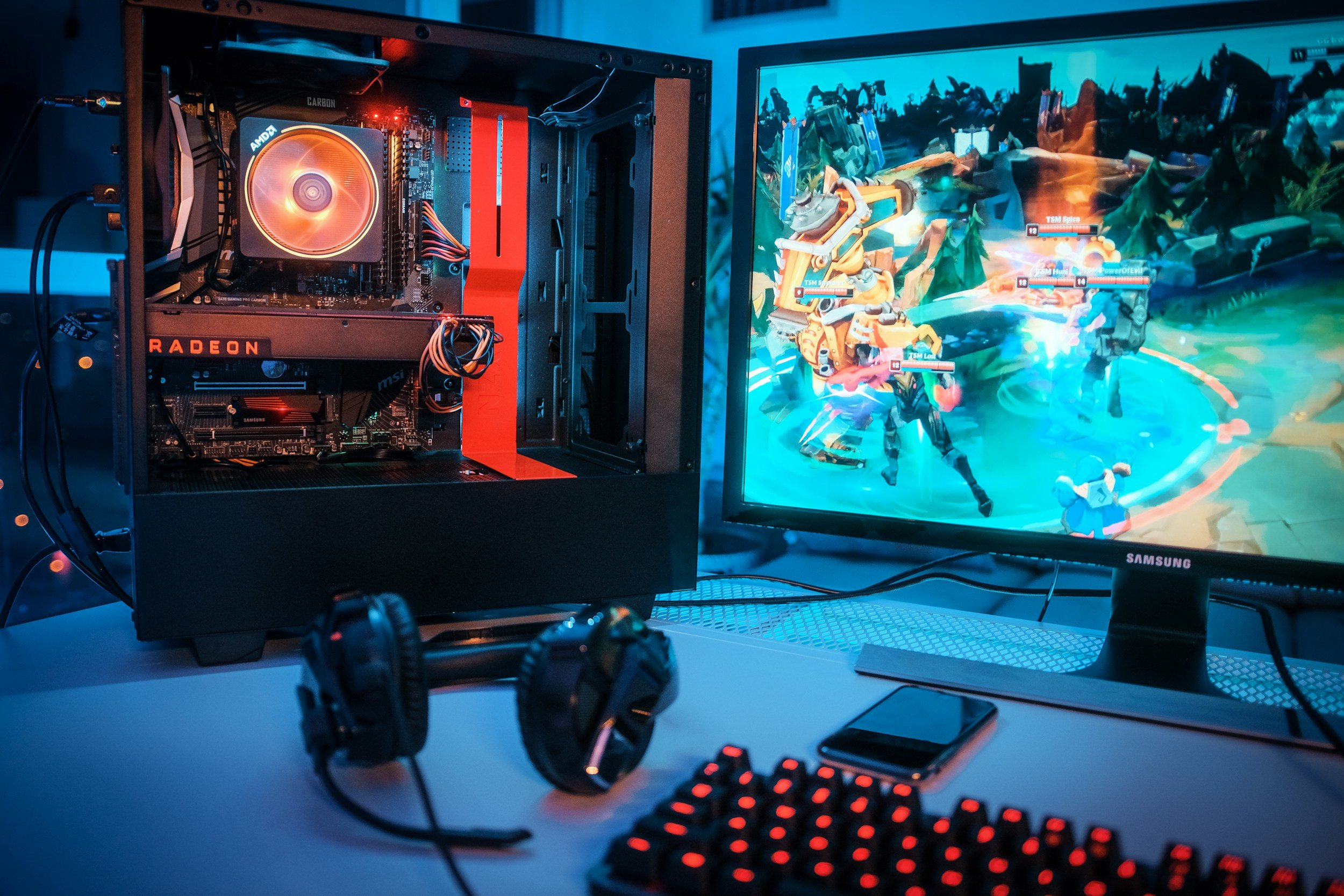
Humanities and Social Science Program
Mythology and Video Gaming: Combining the Classics with Game Culture
Faculty Advisor: Lecturer, Department of Classical Studies, UNCG; Ph.D. in Comparative Literature, Harvard University
Research Program Introduction
Why do some of the most successful videogames still turn to ancient mythology for gods, heroes, and monsters? What is it about ancient mythology that allows for such fantastic world building? The mega hit game Hades, for example, is steeped in Greek mythology. But what are these ancient myths and why do we continue to retell them especially in the world of videogaming? And what impact do they have on ‘game culture’? How we reshape mythology in videogames represents the potential power of videogames to engage in critical cultural dialogue across issues of gender, race, and sexuality.
This program delves into primary texts of Graeco-Roman mythology and theories of classical reception, game culture, and game design. Weekly meetings will consist of engaged discussions of primary and secondary readings as well as student reflection assignments. At the end of the course, students will produce a rigorous research paper that analyzes the intersection of mythology and videogaming. Students are welcome to employ and/or engage in specific video games for their individual projects.
Possible Topics For Final Project:
Monstrous Medusa: The Role of Gender in the Representation of Monstrosity in Videogaming
Black Myth: Wukong and the Reimagining of Chinese Mythology in Modern Games
Heroic Armor, Queer Studies, and Game Culture
Medusa’s Hair: Problems of Inclusivity and Diversity in Game Culture
Hades and Persephone: Concepts of Love and Death in Videogames
Oracles, Prophecies, and Game Design
Gods in Color: Aesthetics in Videogames
Or other topics in this subject area that you are interested in, and that your professor approves after discussing it with you.
Program Detail
Cohort size: 3 to 6 students
Workload: Around 4 to 5 hours per week (including class and homework time)
Target students: 9 to 12th graders interested in Classics, Literature, Cultural Studies, Game Design, Media Studies, Gender Studies, and Digital Humanities.
Schedule: TBD. Meetings will take place for around one hour per week, with a weekly meeting day and time to be determined a few weeks before the start date.
